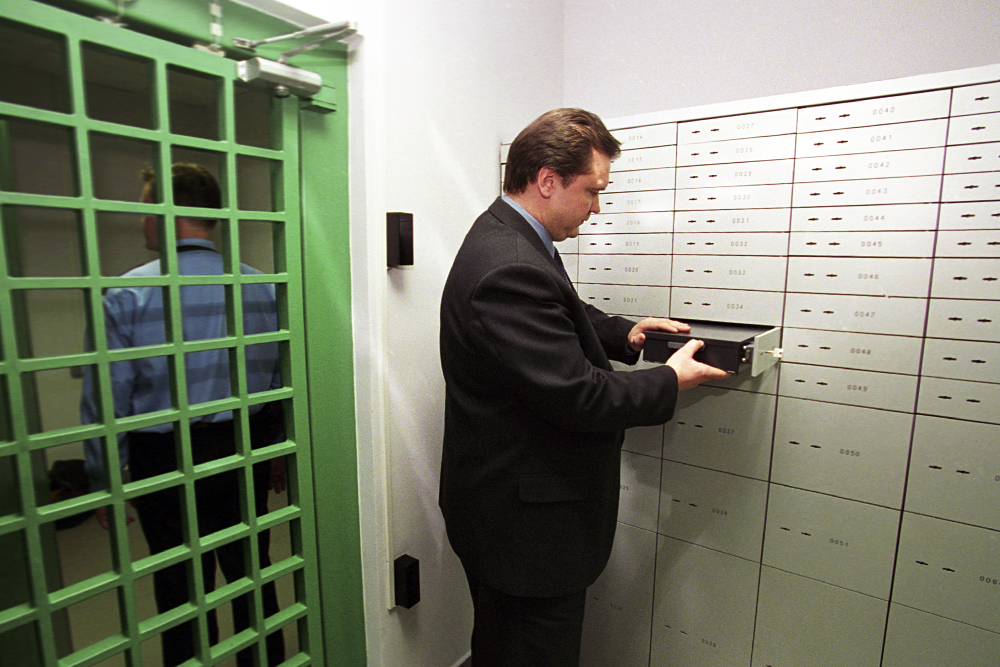Russia joined the Common Reporting System.
Kommersant
The Russian authorities have agreed to give information on the accounts and taxes of foreign citizens to their governments. RBTH finds out who will be affected by this development.
In the middle of May, at the Organization for Economic Cooperation and Development forum, Russia joined the Common Reporting System, in accordance with which governments automatically exchange fiscal information on foreigners. Who will primarily be affected by this decision?
Which information will the banks give to the fiscal agencies?
According to the bill, which has already been prepared by the Federal Tax Service, Russia's principal fiscal organ, banks and financial institutions will have to report on their clients' investment revenues, sales of shares, account balance and percentages on deposits and obligations. However, first the financial institutions will have to verify the identity of the final beneficiary of the account or securities.
If I am a foreign citizen and receive my salary in Russia, should I be concerned?
If you are a Russian resident, then the information on your accounts will not be collected and analyzed. However, each country has its own rules for determining residency. For a foreigner to be considered a resident in Russia, he or she must have a permit of stay or a working visa and must have lived in the country for at least a year, receiving revenues and paying taxes.Yet there are criteria that can serve to recognize an individual or legal entity as a fiscal resident of several countries (dual citizenship). Then they will also have to pay taxes in their country. For example, U.S. citizens, wherever they receive their salary, are also obliged to pay taxes in America.
How will the information be collected? Do I have to fill out a form?
If there is less than $1 million in your account, the bank will only need information on your residency, that is, where you are registered and where you pay taxes.If there is more than $1 million, then the bank may ask for more detailed information: The bank employees may then call you and ask you to clarify the situation.Information on legal entities with less than $250,000 in their account will not be analyzed at all. If you decide to open a new account, you will have to fill out a special application that will primarily concern your residency.
How will the agreement affect foreign businesses operating in Russia?
If a foreign company operates in Russia through a subsidiary or branch that pays taxes in Russia, the banks will not collect information.But particular attention will be paid to accounts belonging to holding companies or trusts, since in such property institutions the final owner is unknown. A trust has an individual who has obtained the property through an agreement of fiduciary management, while a holding structure has a developed network of subsidiary enterprises. The authorities and the banks will want to understand who the real owner and financial beneficiary is.
Why has Russia joined the agreement on exchanging fiscal information?
The main reason is the battle with offshores, in particular, to have access to information on Russian account holders in foreign banks. All countries that agree to exchange information with Russia will not only receive information on their residents but will also be obliged to share the same information on Russians.
Comments from E&Y and PwC experts and OECD information was used for this article.
Subscribe to get the hand picked best stories every week
All rights reserved by Rossiyskaya Gazeta.
